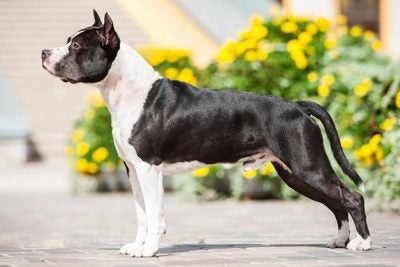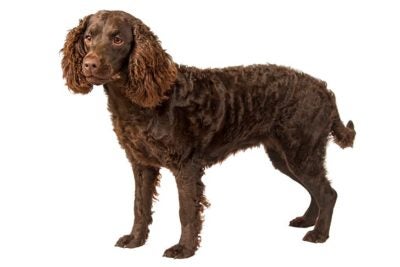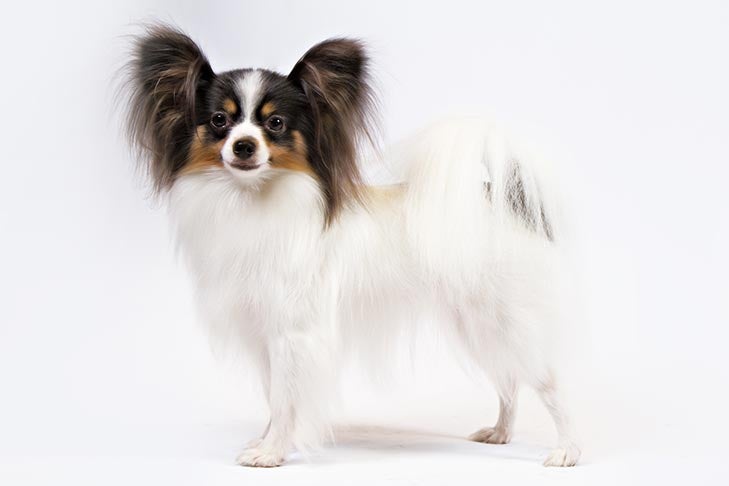
What's a dog breed?
People have been breeding dogs since prehistoric times. The earliest dog breeders used wolves to create domestic dogs. From the beginning, humans purposefully bred dogs to perform various tasks. Hunting, guarding, and herding are thought to be among the earliest job…
What's a dog breed?
People have been breeding dogs since prehistoric times. The earliest dog breeders used wolves to create domestic dogs. From the beginning, humans purposefully bred dogs to perform various tasks. Hunting, guarding, and herding are thought to be among the earliest jobs eagerly performed by the animal destined to be called “man’s best friend.”
For thousands of years, humans bred dogs toward the physical and mental traits best suited for the work expected of them. The sleek Greyhound types bred to chase fleet-footed prey, and the huge mastiff types used as guard dogs and warriors, are two ancient examples of dogs bred for specific jobs.
As humans became more sophisticated, so did their dogs. Eventually, there emerged specific breeds of dogs, custom-bred to suit the breeders’ local needs and circumstances. The Greyhound, for instance, was the foundation type for the immense Irish Wolfhound and the dainty Italian Greyhound. All three have a distinct family resemblance, but you’d never mistake one for another.
So, then, when is a breed a breed and not just a kind or type of dog? The simplest way to define a breed is to say it always “breeds true.” That is, breeding a purebred Irish Setter to another purebred Irish Setter will always produce dogs instantly recognizable as Irish Setters.
Each breed’s ideal physical traits, movement, and temperament are set down in a written document called a “breed standard.” For example, the breed standard sets forth the traits that make a Cocker Spaniel a Cocker Spaniel and not a Springer Spaniel.
The AKC standard for each breed originates with a “parent club,” the AKC-recognized national club devoted to a particular breed. Once approved by the AKC, a standard becomes both the breeder’s “blueprint” and the instrument used by dog show judges to evaluate a breeder’s work.
There are over 340 dog breeds known throughout the world. The American Kennel Club recognizes 200 breeds.
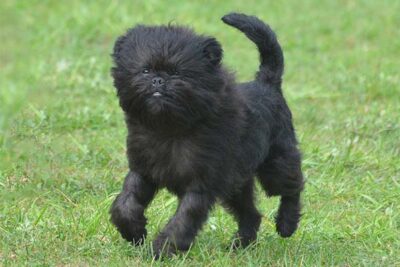
Affenpinscher
Loyal, curious, and famously amusing, this almost-human toy dog is fearless out of all proportio…
See More
Alaskan Klee Kai
The Alaskan Klee Kai is a small-sized companion dog that is alert, energetic, and curious, ye…
See More
American Eskimo Dog
The American Eskimo Dog combines striking good looks with a quick and clever mind in a total…
See More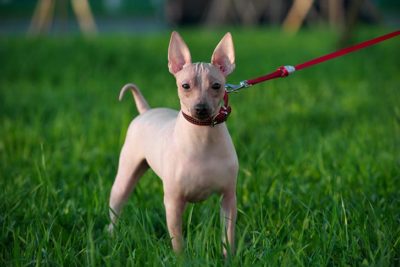
American Hairless Terrier
The American Hairless Terrier, a Louisiana native, is a smart, inquisitive, and playful dog tha…
See More
Appenzeller Sennenhund
The Appenzeller Sennenhund is a medium-sized herding breed that is tri-color and almost squarely…
See More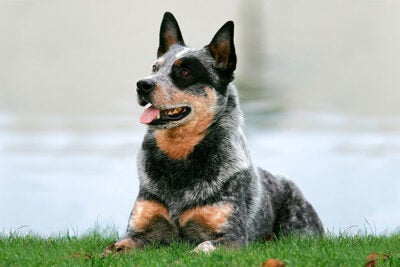
Australian Cattle Dog
The compact but muscular Australian Cattle Dog, also called Blue or Red Heeler or Queensland…
See More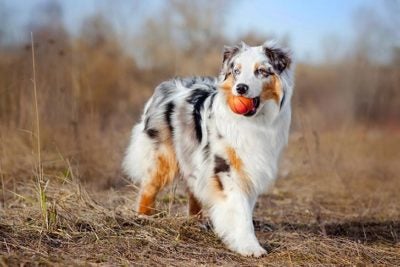
Australian Shepherd
The Australian Shepherd, a lean, tough ranch dog, is one of those 'only in America' stories: a…
See More
Australian Stumpy Tail Cattle Dog
The Australian Stumpy Tail Cattle Dog is not an Australian Cattle Dog with a docked tail. They are…
See More
Australian Terrier
The Australian Terrier is plucky, spirited and lively. The cheeky self-assured Aussie approache…
See More

